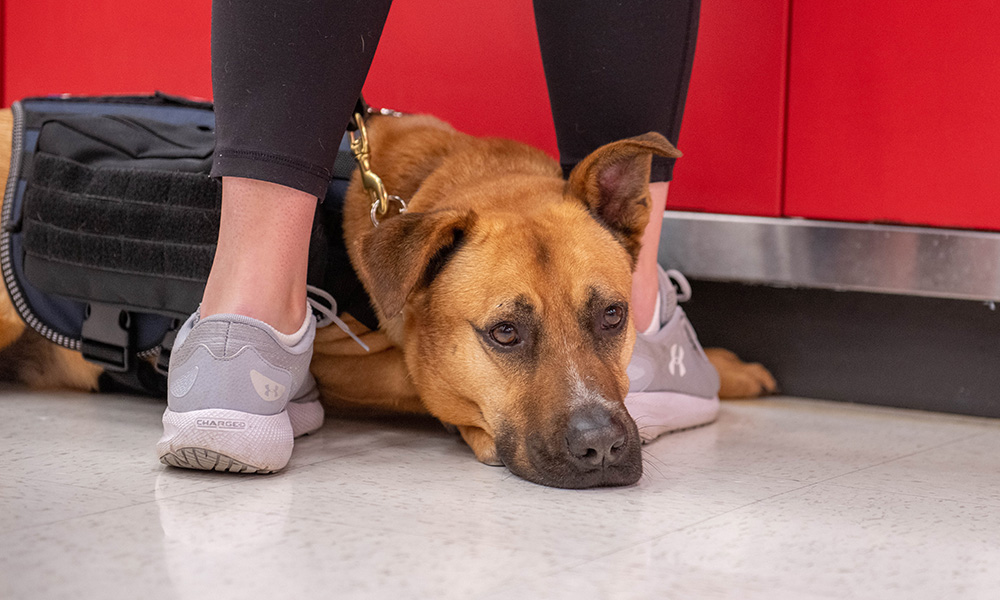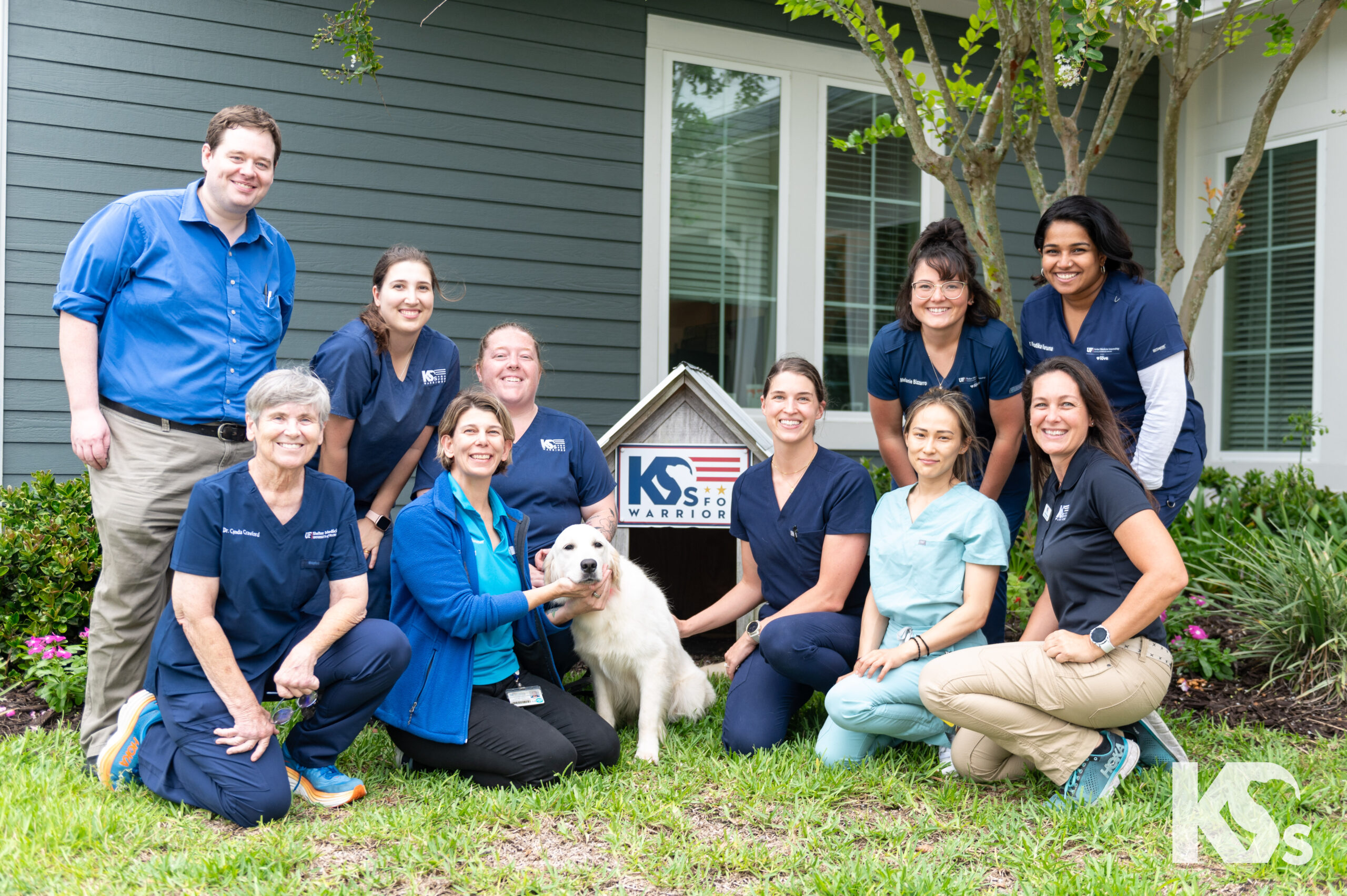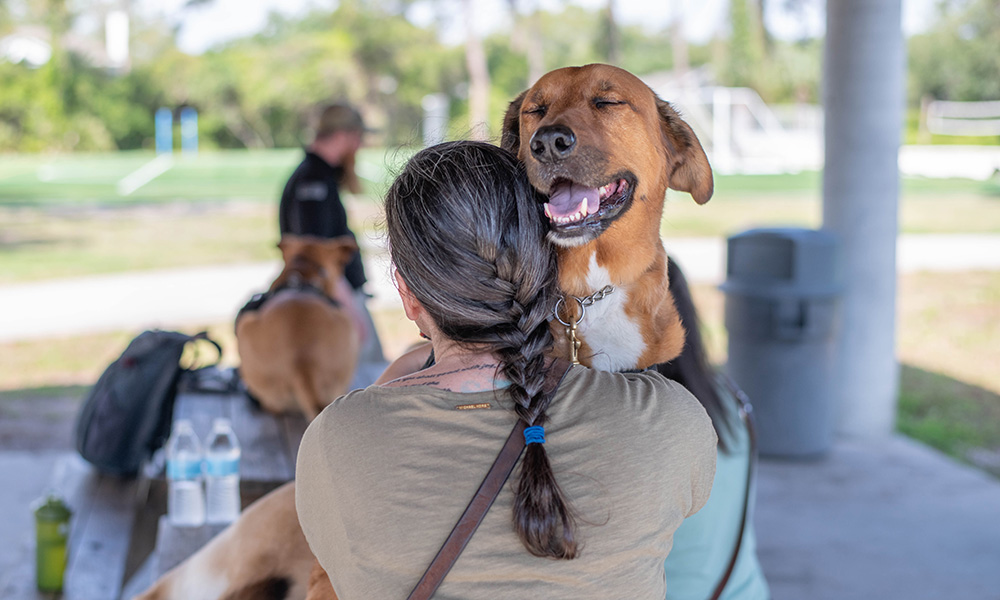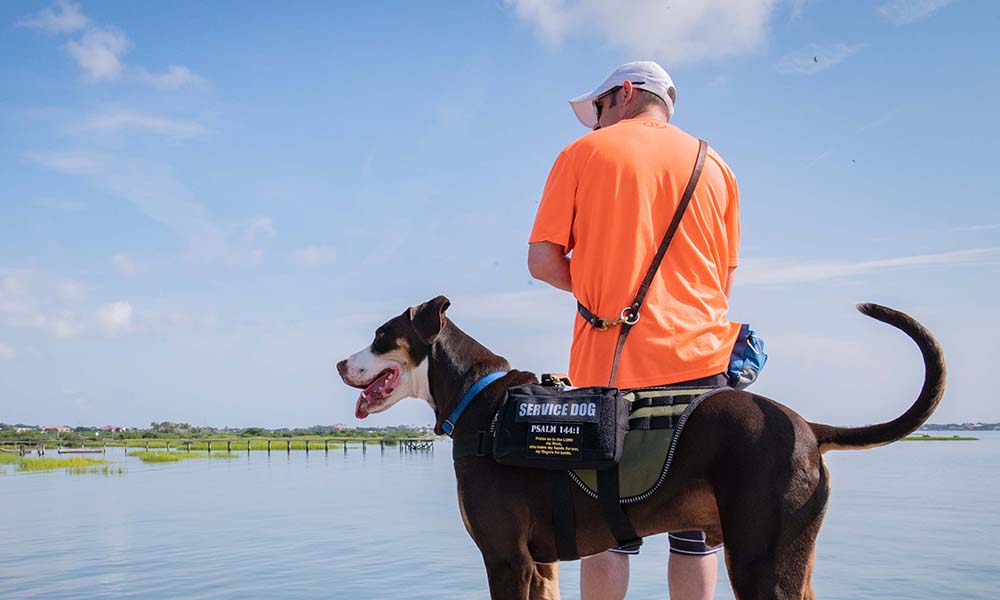When coming back from the shock of war, veterans sometimes come home and are lost. They struggle with dealing with PTSD, anxiety, depression, and more. What starts out as a legitimate prescription for an injury can turn into a serious problem fast. When the euphoria of opioids hits their blood, they find an escape from the difficult transition they are making.
In a 2014 study, over 40% of the U.S. infantry reported chronic pain after deployment, and 15% reported opioid use in the month prior to the survey. Severe pain is 40 percent more common in veterans compared to non-veterans, but veterans are twice as likely to die from an opioid overdose.
This is an issue, not unlike the civilian opioid issue, that is complex. Many veterans suffer from legitimate pain and do need a means to control that pain. Almost 60% of veterans who have served in the Middle East and more than 50% of older veterans live with some form of chronic pain.
The Fine Line Is This
We fear veterans dying of opioid overdose, but untreated pain can lead to higher rates of suicide. Reducing opioid doses must be done carefully, as doing so too quickly can easily spiral the veteran into crisis. Uncontrolled pain can result in decreased ability to find and keep work, result in depression, and cause strain on relationships.
Let’s face it: veterans are at a much higher risk of sustaining injury, whether that’s through combat or the regular functions of their jobs. The National Center for Complementary and Integrative Health reports:
- More than 20% of veterans face back pain.
- 16% have joint pain.
- Over 25% have migraines.
- 27% have neck pain.
- Nearly 34% experience both back pain and sciatica.
- More than 37% experience jaw pain.
Before the negative effects of long-term opioid abuse were known, it was natural for doctors to want to relieve pain in our veterans. We can see now that uncontrolled use of these medications can turn into addiction.
If opioids still seem like a needed or viable option for a veteran (which could very well be the case), there are risk factors to consider. Studies have shown that certain characteristics can make substance abuse more likely. Young males (with non-cancer pain) have a higher number of prescriptions than any other group, couple that with previous, non-opioid substance problems or a mental health diagnosis and the chances are much higher for abuse than most. Other risk factors include living in rural areas, being married, and being Caucasian.
It also should be noted that veterans with PTSD are at a higher risk of abuse and overdose. Some medications prescribed for PTSD, like benzodiazepines, can create a dangerous mixture with opioids. It is also documented that opioids increase the risks of suicidal ideation.
But many say taking away the opioids altogether is an overreaction – removing these medications all together would take away a viable treatment option that allows some people to live their lives free of crippling pain.
So what can we possibly do?
Since the outbreak of the ‘opioid crisis’, the VA has drastically reduced its opioid prescriptions. In an effort to be transparent, they post twice a year what their prescribing rates are. Some facilities, like the El Paso, Texas facility, have cut their opioid prescriptions by 71%.
They have done so by introducing other forms of pain management. Some on these programs include:
- Yoga — Improves range of motion, relaxes tense muscles, increases muscular strength
- Mindfulness – Can reduce pain by up to 57% if performed correctly, with the right guidance
- Physical Therapy – Used as a long-term, pain-relieving investment, it gets all systems of your body working correctly in tandem
- Acupuncture – Is great for neck/back pain, knee pain, and migraines
Opioids are no longer the ‘go-to’ drug of choice when a veteran comes into a VA facility complaining of pain. For veterans who have previously abused these medications, a new VA initiative to have buprenorphine (which is similar to Methadone) available at all clinics, and that it be a covered medicine for all veterans. This is to ensure that those veterans who want to get better have the means to.
Resources
If you or a loved one need help or resources for opioid abuse, check out the links below:
https://www.drugrehab.com/persona-lp/?id=veterans
https://www.mentalhealth.va.gov/MENTALHEALTH/res-vatreatmentprograms.asp
https://americanaddictioncenters.org/rehab-guide/veterans-resources







